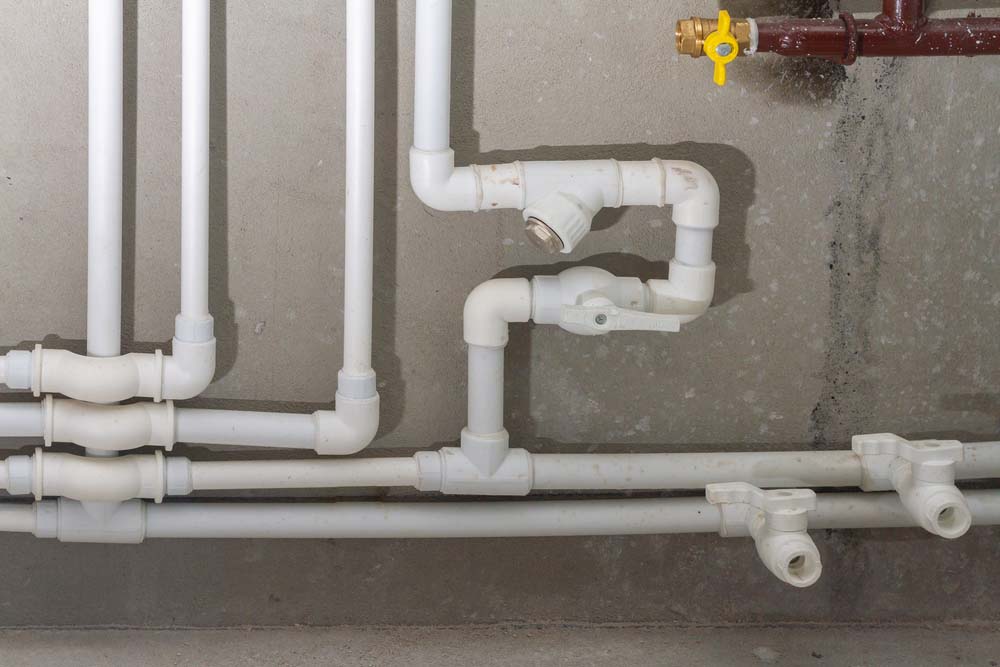What Are the Materials Used for Water Line Installations?

Various materials are employed for water lines, each offering distinct advantages based on factors such as cost, durability, and ease of installation. In this discussion, we will explore some commonly used pipe materials for water lines, shedding light on their suitability and specific applications in the context of potable water line services.
Galvanized Steel Pipes
While galvanized steel pipes were once a common choice for water lines, their use has declined in favor of more modern materials. Over time, galvanized steel pipes can corrode, leading to reduced water quality and flow. Potable water line services in Honolulu, HI involving galvanized steel often focuses on upgrading to materials that offer better corrosion resistance and compliance with modern water quality standards.
Polyvinyl Chloride (PVC) Pipes
Polyvinyl Chloride (PVC) pipes are widely utilized for potable water line installation due to their affordability and ease of handling. PVC pipes are corrosion-resistant and have a smooth interior surface, reducing the risk of scaling and bacterial growth. However, when dealing with damaged potable water lines, PVC pipes may require specialized repair techniques to ensure the continued delivery of safe and clean water.
Copper Pipes
Copper has been a traditional choice for potable water line installation, prized for its longevity and resistance to corrosion. Copper pipes are durable and can withstand high pressures. However, issues such as pinhole leaks may necessitate potable water line repair, requiring skilled professionals to address specific problems without compromising water quality.
High-Density Polyethylene (HDPE) Pipes
HDPE pipes are known for their resilience and durability, making them suitable for potable water line installation in various environments. Their resistance to corrosion, chemical damage, and leakage makes HDPE pipes a reliable choice for ensuring the consistent delivery of clean water. Potable water line installation using HDPE pipes often involves trenchless methods, minimizing disruption to the surrounding landscape and reducing the likelihood of a damaged potable water line.
Cross-Linked Polyethylene (PEX) Pipes
PEX pipes have gained popularity in potable water line replacement projects due to their flexibility and ease of installation. PEX is resistant to scale buildup and corrosion, providing a reliable option for transporting clean water. Potable water line replacement with PEX pipes is often considered when upgrading older systems to improve overall efficiency and longevity.
Need a potable water line? Contact Nu Flow South Pacific to set up an appointment.
Contact Nu Flow South Pacific
